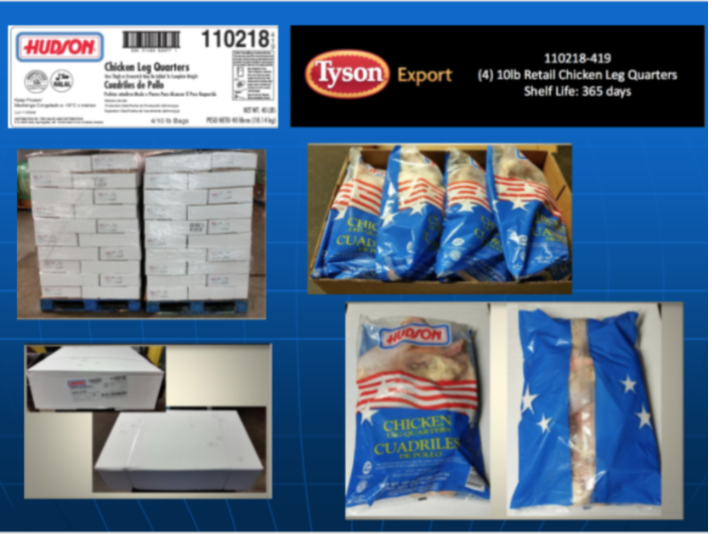To promote a peaceful transition to a Cuba that respects human rights
and political and economic freedoms

Pandemic's impact in Latin America and the Castro regime's attempt to drain and centralize foreign currency entering Cuba
Consequences of COVID-19 in the Americas is creating a global crisis that is being felt in this hemisphere. Mauricio J. Claver-Carone, candidate for the presidency of the Inter-American Development Bank (IDB) in an OpEd in The Gleaner on July 19th noted, "COVID-19 has spurred an economic crisis that risks pushing Latin America and the Caribbean into the largest economic contraction of its history. In fact, the International Monetary Fund (IMF) has predicted a 9.4 per cent contraction for Latin America, compared to 4.9 per cent for the rest of the global economy."
Cuba, prior to the arrival of the Castro regime in 1959, was able to feed itself from its own domestic production. Like both the Soviet Union and Mao's China that ended with the imposition of communist centralized planning applied to agriculture in Cuba. This created widespread misery that persists to the present. Today, 80% of Cuba's food is imported, and much of it from the United States. In the first six months of 2020 the Cuban government purchased $81.6 million in U.S. exports with $62.99 million alone in the purchase of chicken and other poultry, and $5.38 million in corn purchases.

Chicken imported from the United States feeding Cubans across the island.
Despite this, the Castro regime and its agents of influence continue to claim that there is an "economic blockade" on Cuba. The Cuban government announced in February that there would be shortages of soap, detergent, and other hygiene products for at least the next two months. Today, these hygiene products are available in dollar stores, and a 10% tax levied on the use of the US dollar that was instituted in 2004 was ended on July 20, 2020 by the Cuban dictatorship.
What is going on? The regime is scrambling for dollars.
Cuban economist Elías Amor, recently elected as president of the Unión Liberal Cubana interviewed in Diario de Cuba provides a disturbing analysis:
"it aims to drain foreign currency entering the country and centralize it in the State, preventing them from use in the informal economy or the activities of private businesspeople." He added that "the government maintains its prohibition against capitalizing remittances to augment assets, a practice that in other Latin American countries is very favorable for development" but instead, "prioritizes their allocation to current expenses (food, cleaning and toilet, appliances, tourism packages, etc.)" Lastly, he call this "a crude attempt to reduce the amount of money in circulation, demanding that operations be carried out with cards linked to bank accounts."
Even in these dire economic times the Castro regime's priority remains centralizing control and resources in the State, even if it negatively impacts Cubans, in order for the dictatorship to survive the economic downturn of the pandemic and its own inefficient long term policies.
The dictatorship giveth and the dictatorship taketh away.



No comments:
Post a Comment